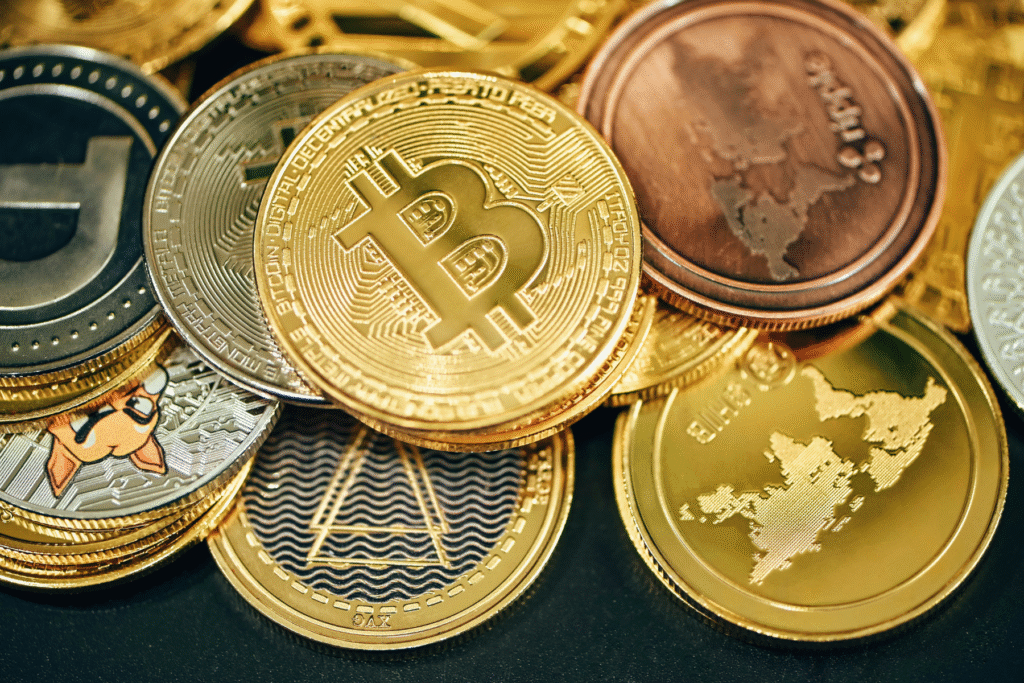
Raiffeisen Bank International (RBI) has joined with eight other major European banks to launch a euro-denominated stablecoin next year. The consortium—which also includes UniCredit (parent company of Bank Austria), ING, Banca Sella, KBC, Danske Bank, DekaBank, SEB, and CaixaBank—announced the project on Thursday.
The planned payment instrument is intended to become a trusted European payment standard in the digital ecosystem. Stablecoins, like cryptocurrencies, are based on blockchain technology but are backed by traditional assets such as currencies or bonds. The bank group’s stablecoin will be fully backed one-to-one with euros, making it a stable digital euro-based means of payment, explained Christian Wolf, Head of Strategic Partnerships Ecosystems at RBI, to APA. The only similarity to cryptocurrencies like Bitcoin, he said, is the use of blockchain technology.
Stablecoin To Be Issued In Second Half Of 2026
The stablecoin will be regulated under the EU’s Markets in Crypto-Assets Regulation (MiCAR) and is set to launch in the second half of 2026. The consortium has established a new company in the Netherlands, which will be licensed and supervised as an e-money institution by the Dutch central bank. The group remains open to other banks wishing to join. Subject to regulatory approval, a CEO will soon be appointed.
The new instrument will allow both corporate and private clients faster, more transparent, and more cost-efficient international payments, Wolf said. Conversions to and from cryptocurrencies will also be simpler and cheaper. Another advantage is the “programmability” of transfers: payments can be tied to specific conditions, giving buyers and sellers greater security. Funds are reserved for the seller but remain with the buyer until delivery, when the transfer is automatically executed.
European Alternative To US Stablecoin Providers
With the stablecoin, the banks also want to offer a trustworthy European alternative to the current dominance of US providers in the market. At present, customers often have to convert into dollars and rely on third-party US providers for stablecoin transactions. The aim, Wolf said, is to actively shape the stablecoin system in Europe and strengthen Europe’s independence in payment systems. The new EU MiCAR regulation, which came into force earlier this year, plays a key role by creating a uniform legal framework for crypto assets across Europe.
“Stablecoins are an important pillar of our digital asset strategy,” said RBI CEO Johann Strobl in the announcement. “We joined the consortium because we are convinced of the benefits of a multi-bank approach to issuing stablecoins.”

